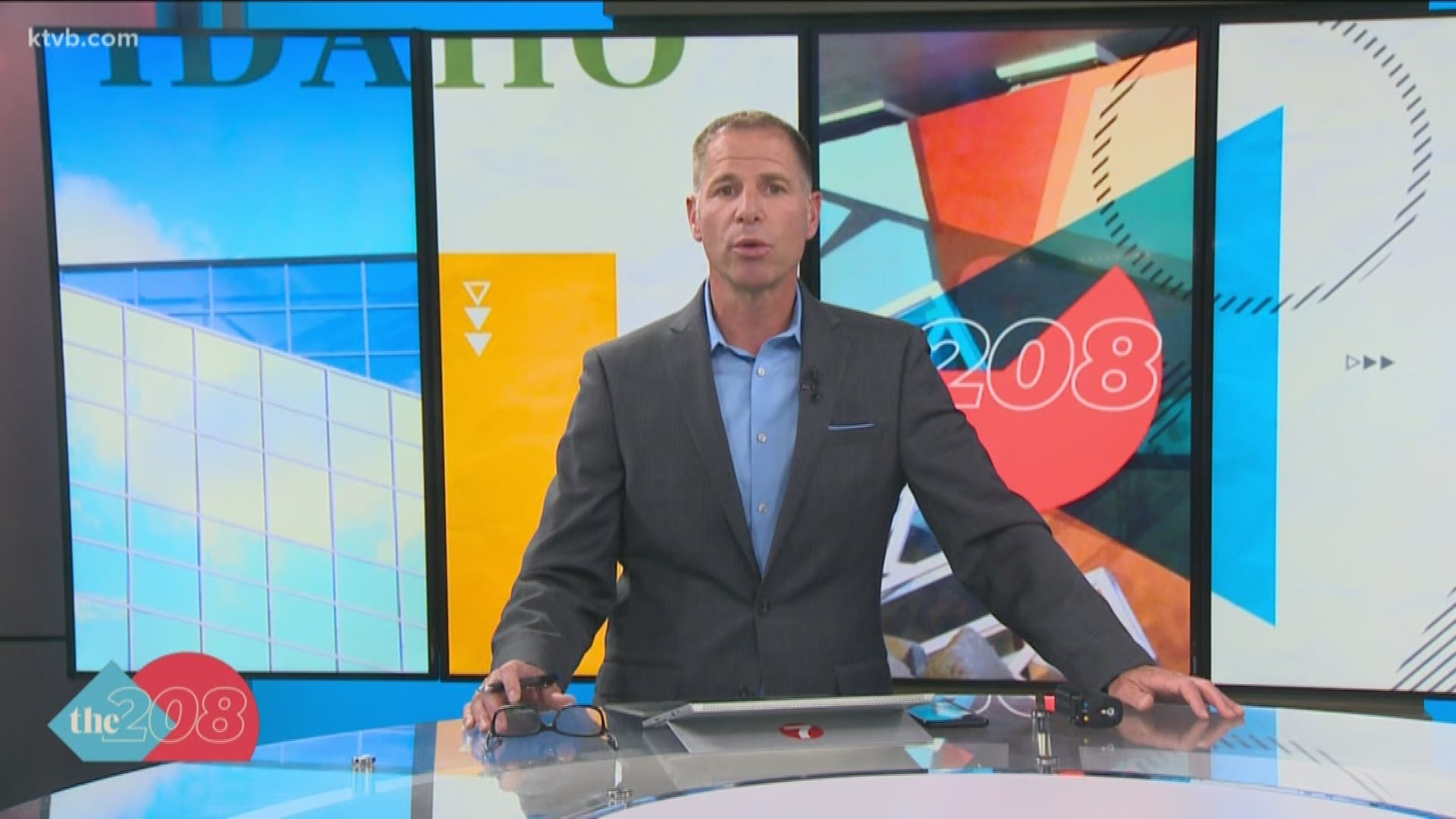![ESPN The Party - Inside [image : 83507670]](http://www.gannett-cdn.com/media/2016/04/25/USATODAY/USATODAY/635971938910676573-GettyImages-508675202.jpg)
BRISTOL, Conn. — I was at a great event Sunday afternoon. Terry Gross, host of NPR's Fresh Air, was interviewing Roots co-founder and percussionist Questlove at the Penn Museum in Philadelphia. Questlove is a terrific talker, and his responses were uniformly interesting. He had much to say about Prince, whom he had known, and Questlove's father, doo-wop legend Lee Andrews. Yet I found myself too often hung up on Gross' questions.
And no wonder: I had just returned from spending the better part of a week absorbing the wisdom of John Sawatsky, the world's reigning interview guru.
Sawatsky long has been a scholar of the interview process, and he believes far too many journalists go about it the wrong way, too often asking questions in a way that shuts down the interviewee rather than encouraging them to give up more information.
In Sawatsky's view, too many interviewers are more interested in hearing themselves talk than in framing effective questions. As he said at a recent training session, "There is only one star in an interview, and it's not you."
Sawatsky, ESPN's senior director of talent development, is an implacable foe of the closed question, the attitude-laden question, the interviewer statement. Whether you are a news consumer or a news professional, you will never watch interviews the same way after you spend some time listening to Sawatsky.
Sawatsky is to the interview what Stephen Curry is to the jump shot, Monet is to Impressionist painting, Flaubert is to the novel, Prince is to pop music. The difference is that Sawatsky's artistry emerges not in his own work but through that of his acolytes.
The interview technique savant was an investigative reporter in his native Canada before becoming an in-demand interview consultant for media companies. I first heard of him in 2000 when I was editor of American Journalism Review, and senior writer Susan Paterno suggested that she do a piece on him.
She did, and I was fascinated by Sawatsky's approach, portrayed so vividly in Paterno's article.
![XXX JOHN S - JAN 2014_DCB.JPG [image : 83508974]](http://www.gannett-cdn.com/media/2016/04/25/USATODAY/USATODAY/635971950666872529--John-Sawatsky.jpg)
I wasn't the only one. So was ESPN executive John Walsh who, after reading Paterno's piece, was inspired to bring Sawatsky to the TV sports powerhouse, first as an outside trainer in 2002 and then as staff interviewing coach in 2004. And so Sawatsky, all those years after the AJR article, invited me to sit in as he trained 11 ESPN staffers at its campus in Bristol, Conn.
It was an intense and unforgettable three days.
Sawatsky is fond of saying interviewing isn't rocket science, and it is true. Much of his approach is based on common sense, albeit common sense that is all too frequently ignored.
The guru punctuates his preaching with clips of interviews, many by famous TV personalities, that go terribly wrong. Frequent targets include Larry King, Barbara Walters and a panoply of 60 Minutes mainstays. And the clips bring home the message.
Sawatsky uses the snippets to spotlight his seven deadly sins, which include questioner bias and remarks; double-barreled questions; questions that really aren't questions; overloaded questions; trigger words ("botched"); hyperbole and exaggeration; and that Sawatsky whipping boy, the closed question.
Time after time, he shows the sins slowing down or shutting down what has begun as a promising and candid interview. Too often, the interviewer is getting in the way of the interview.
To get the most and best information, Sawatsky, 67, advocates questions that are open-ended, especially those that begin with "what," "how" and "why," designed to elicit description and elaboration; neutral in tone; and lean. There are times when closed questions are OK, but not all that many.
"Great reporters get answers to questions they don't know enough to ask," he says.
One of the most telling moments comes when Sawatsky juxtaposes two interviews, one with a man who has survived a beaver attack (really), another with a man who has been assaulted by a bear. In both cases the interviewees are good talkers. But one interview is riveting, the other a choppy affair that never realizes its potential.
The reason? In interview one, the questioner keeps things moving with a "what happened next?" approach. In the other, the interviewer smothers the conversation with tangents and off-target interjections.
Part of the problem, Sawatsky believes, is that many prominent TV interviewers have made their bones by showcasing their personalities. That can lead to the overstuffed questions and out-of-place assertions that are the enemies of the interview.
Sawatsky also counsels against questions that sound tough but are actually a piece of cake for the interview subject, as when Barbara Walters asked Vladimir Putin if he had killed anyone. Nope, Putin replied breezily, and that was that.
A better bet, the guru says, is to listen closely to the answers and pounce on opportunities. When the athlete charged with misbehavior says, while he has made mistakes, he is innocent of the charge at hand, ask, "What mistakes?"
Sawatsky, whose mission is to change the culture of the interview, says he has been fortunate to have staunch backing from ESPN since his arrival more than a decade ago. While I was at the sports juggernaut, his boss, Jack Obringer, crowed to Sawatsky about a recent high-profile ESPN interview that had just one closed question.
Now, the interview man has to carve out some time from his training schedule to write a book on his approach to his metier.
As for that Questlove interview, Terry Gross was fine, but I suspect the main man of The Tonight Show band could give a great interview without an interviewer. And if you run into Questlove, make sure you ask him about that late-night ping-pong showdown between Prince and Jimmy Fallon at Susan Sarandon's ping-pong saloon the night after the birth of Fallon's daughter.
Follow USA TODAY columnist Rem Rieder on Twitter @remrieder


